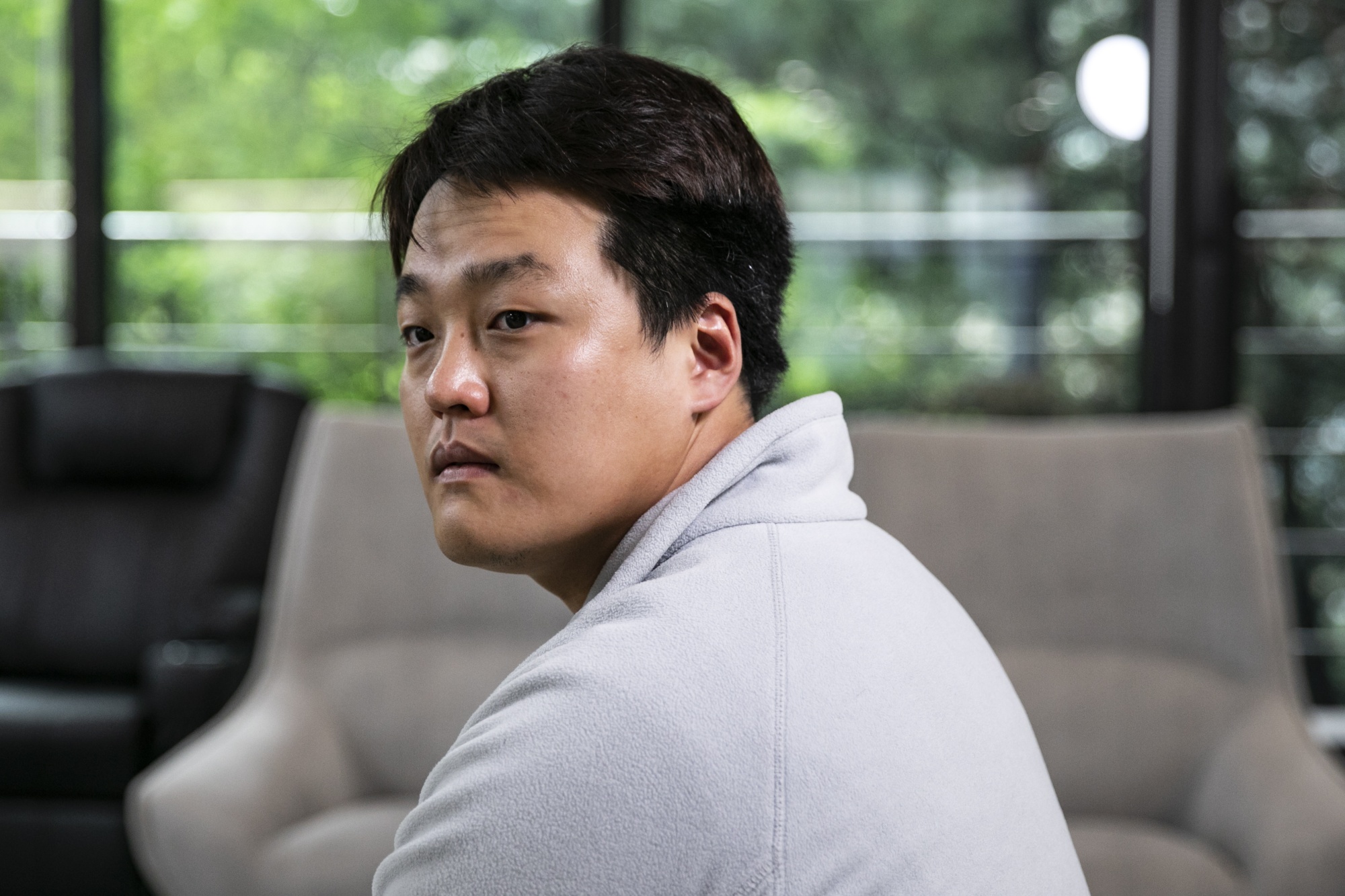The unfolding saga of Do Kwon, the South Korean crypto entrepreneur at the heart of the Terraform Labs controversy, has taken a new turn with his release from Montenegrin custody. The Supreme Court of Montenegro has paused the extradition process to South Korea, reflecting the complex international legal landscape surrounding the case.
On March 23, according to a Bloomberg report, Do Kwon was freed from prison in Montenegro as the nation’s Supreme Court weighs extradition requests from both the United States and South Korea. This development comes after a lower court’s decision favoring extradition to South Korea was suspended, spotlighting the intricate judicial considerations at play.
Allegations and Legal Challenges
Kwon finds himself embroiled in allegations of fraud stemming from the dramatic collapse of Terra Luna in 2022, which erased around $60 billion from the crypto market. This event has led to significant scrutiny and legal actions against him in both South Korea and the United States, with the latter country filing eight felony charges against the Terraform Labs co-founder.
Custodial Details and Movements
Following the end of his detention period for possession of falsified travel documents, Kwon was transferred to a police directorate for foreigners, as stated by prison director Darko Vukcevic. The Supreme Court’s decision to withhold Kwon’s passport underscores the legal system’s measures to manage his movements within Montenegro. Subsequently, Kwon was relocated to a shelter for foreigners, awaiting further court decisions regarding his potential extradition.
The suspension of extradition proceedings by the Supreme Court, following an appeal against procedural errors, illustrates the legal complexities surrounding Kwon’s case. His legal representation, led by attorney Goran Rodic, is poised to challenge for Kwon’s continued freedom in Montenegro until a definitive extradition ruling is reached. This situation leaves the timeline for a final decision on extradition undetermined, with further court deliberations expected.
The Broader Implications
Do Kwon’s case represents a significant intersection of cryptocurrency controversies and international legal proceedings. The competing extradition requests from the United States and South Korea highlight the global dimensions of legal accountability in the crypto sector. Furthermore, the legal proceedings in Montenegro underscore the procedural and jurisdictional challenges inherent in international law, especially in cases involving allegations of cross-border financial crimes.
- International Legal Precedents: The case sets important precedents for how countries navigate extradition requests for individuals implicated in significant financial technology crimes.
- Cryptocurrency Regulation: The legal scrutiny surrounding Kwon and Terraform Labs underscores the ongoing challenges and complexities of regulating the cryptocurrency industry.
- Jurisdictional Complexities: The competing interests of the United States and South Korea in the extradition proceedings reflect the intricate nature of jurisdictional claims in international legal disputes involving crypto entrepreneurs.
The release of Do Kwon in Montenegro, amid ongoing extradition deliberations, highlights the intricate interplay between national legal systems and international law in the realm of cryptocurrency. As the legal proceedings unfold, the crypto community and international observers are keenly watching how these developments will influence the broader discourse on accountability, regulation, and the intersection of technology and law.










